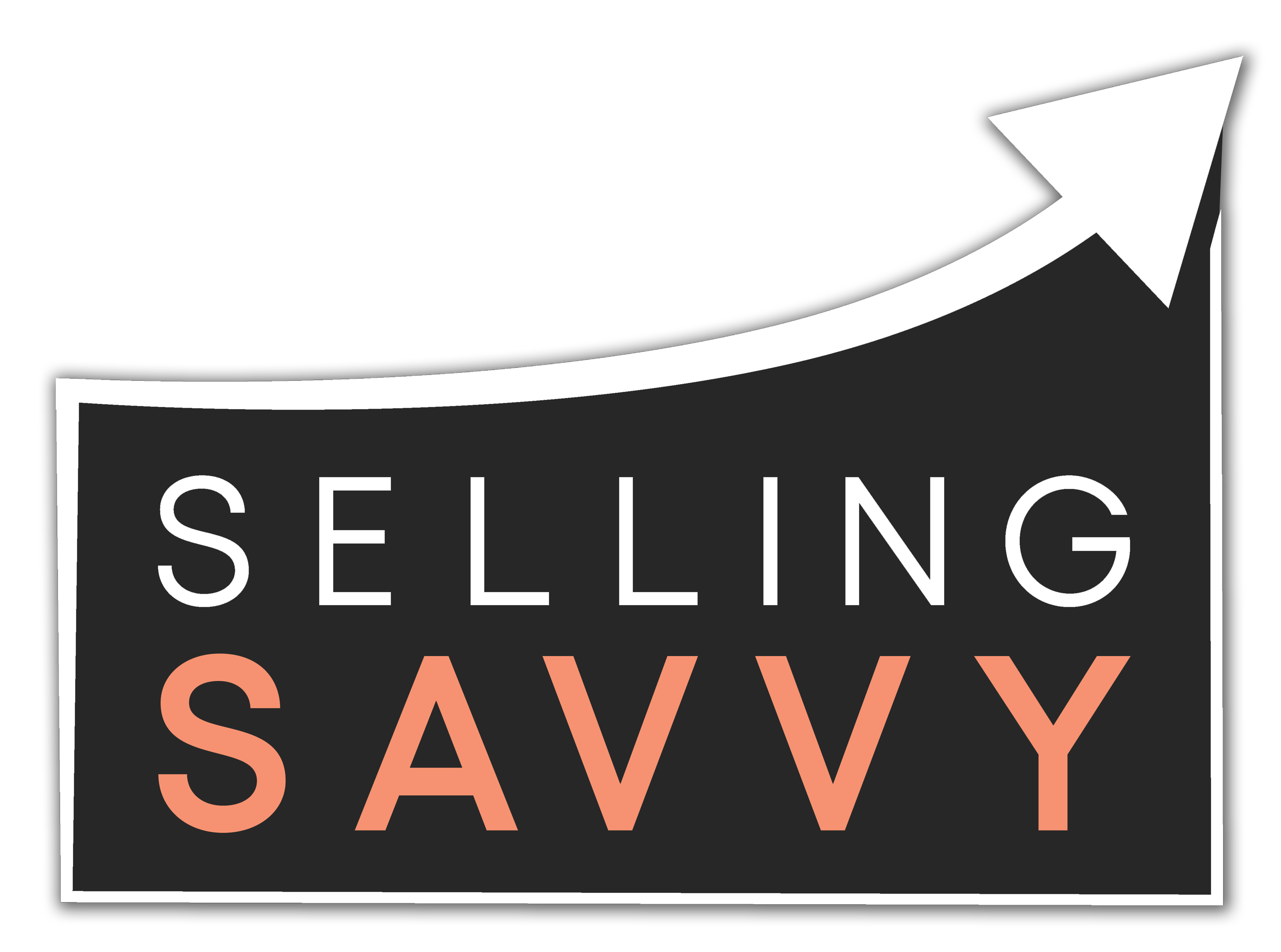Creating a hybrid event sales strategy
Hybrid events are here to stay. A poll from 414 event planners across the UK reported that the appetite for them is getting more and more as the months go on, and as the outlook of living life alongside COVID gets more realistic. Therefore creating a hybrid event sales strategy is more important now than it ever has been before.
Before we do anything to do with sales, marketing or business development, we need to work out what our longer-term plan is. What is your strategy? Especially when you’re thinking of hybrid because over the last year it feels like it is a new and emerging market. Ask yourself ‘where do I want to get to and what it my strategy to get there?’
During this post I have written lots of questions that you need to answer to decide what your specific hybrid event strategy looks like. Now, there are no right or wrong answers to any of these questions. It’s all so unique to exactly what you’re trying to do within your own business and your own sales plan.
Firstly, take a look at which of your event spaces work as a hybrid event space. There might be some spaces that you feel are too small or some spaces that are always fully booked with in-person events. Therefore, you won’t want to sell those spaces as hybrid event spaces because the total revenue may not be as high. Which one or more of your event spaces do you really want to use to run hybrid event business in?
The second question to answer before you write your hybrid event sales strategy is all about pricing. What will your pricing matrix be for those rooms? It might be that you always get in-person events in a certain room on Tuesdays and Wednesdays and therefore you know that you don’t want to offer hybrid business on those days. Occasionally, your pricing matrix may include extra supplements to make sure that that you aren’t missing out on overall revenue on those peak days. How does your pricing matrix look and how are you going to yield your rooms to maximise revenue and profit?
Question number three: Will you have blackout dates for hybrid? This is a really important question if you have peak times during the week, month or even year. It might be that you have weddings every weekend and therefore you’ve decided you are not going to take any hybrid conference enquiries over any weekends because they’re worth less revenue. It might be that there’s a regular booking that you get every year, and you don’t want to sell your space to a hybrid event over those dates. Have a think about whether you will need to have blackout dates, and how you can communicate them to your team.
Another useful question to look at is what type of hybrid events you want to take. It might be that ticketed hybrid events work works really well in your space. It might be that training events work well in your rooms. Maybe you’ve got all of the equipment for different speakers and panellists and breakout sessions, and therefore that’s going to be a type of event that you want to niche down into. Or it might be that you don’t want to niche down at all, and you’ll take what you can get and work with every type of enquiry.
Similarly, is there a particular industry that you want to specialise in? Now again, you might say, ‘No, I’m going to work with all industries’, or you might say, ‘actually we’ve had a lot of pharmaceutical business before and it works really well in our space.’ Therefore you might want to focus on pharmaceutical business and make sure that you’re the best venue that there can be, specifically for the pharmaceutical industry.
Once you’ve been through your entire strategy you need to ask yourself perhaps the most important questions of all: Is your strategy in line with the wider industry predictions? This is a question you should ask yourself not just in regard to your hybrid strategy, but in regard to any strategy across the business. It would be unrealistic to say that you’re going to host a hybrid event every weekday for the next four months, because wider industry predictions say that there may not be quite that much business over the next four months. Make sure you sense check what your strategy looks like to make sure it’s realistic.
Lastly, it’s worth looking at what the holistic strategy is for your venue. Is it that you want to deliver hybrid in the short term, just towards the end of 2021? This could be to get a bit of cash flow to start rebuilding the finances in the background, and to make sure that you and your team and your venue recover post COVID. Then you might want to move forward into just running in-person events after that.
Or are you planning more of a medium-term strategy? This could be for the end of this year, and to the middle of 2022. You might want to fill the gaps between some postponed bookings and inject a bit of cash into the business before eventually, in the longer term, purely hosting in-person meetings again.
Or lastly, are you looking at hybrid events being your long-term strategy from 2023 and beyond? Do you want to be a hybrid event venue and that is purely the direction you, your business and your team are going in? Therefore, you will need to be building new relationships now for the longer term. You may end up discussing larger bookings and longer lead bookings that ultimately result in larger revenue from the hybrid market.
Again, there are no right and wrong answers with any of this strategy writing, but it’s something that’s important to think about before you think about anything else. You cannot make relationships with suppliers, relationships with clients or do any prospecting without writing a strategy right from the start.
Get in touch on kate@sellingsavvy.co.uk or connect with me on LinkedIn if you want to chat about how to sell hybrid further – it’s a topic I love! Take a look at the Selling Hybrid Event workshop we offer here too.




